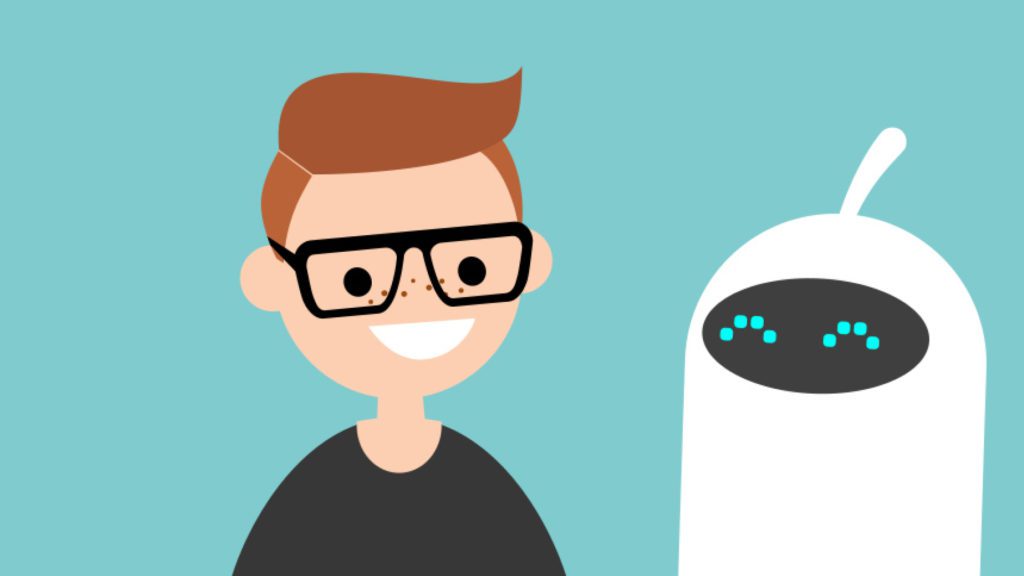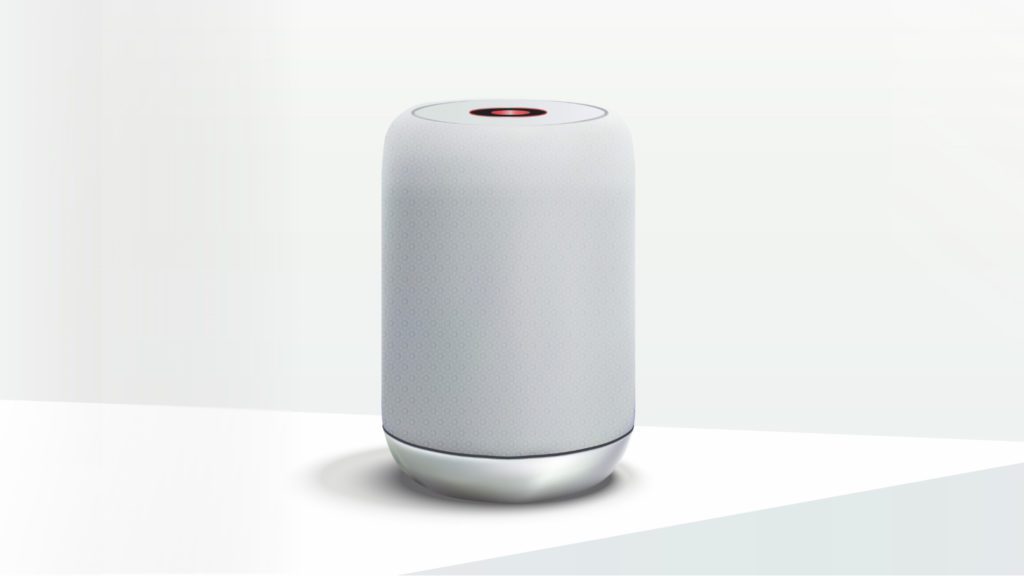AI has changed many industries already dramatically, but in the Health sector the potential has not been leveraged to the fullest, yet. Why is that the case and what is the great potential of Health AI? We want to give a rough overview of the topic AI from the origins to the current developments in the health industry.
Alan Turing and the Foundation of AI
When was AI developed in the first place? In 1936 Alan Turing already proved through his theories that a computing machine – a so-called “Turing machine” – would be capable of executing cognitive processes. These could be broken down into several individual steps and represented by an algorithm. He thus laid the foundation for what we understand today as artificial intelligence. Today, AI is a young branch of computer science around the question: can a machine think?
Focus on Algorithms in the 2000s
After a long dry spell in the 1990s, the AI industry came up again in the 2000s. In the past years of AI research, algorithms had been the focus. Around the turn of the millennium, interest grew in data and its sources, which were increasingly readily available and in much greater numbers. Earlier approaches had relied on manually annotated examples combined with machine learning algorithms. Now it turned out that the more data available, the better the learning results.
AI in Everyday Life in 2010
Due to the improved technical possibilities and economic potential, large IT corporations increasingly became involved in AI research. From 2010, the development reached everyday life. IBM’s computer system Watson for example understands natural language and answers difficult questions within a very short time. Watson can now help doctors with diagnoses, pharmaceutical companies with drug development and bank advisors with investment strategies. Other major companies have also invested in AI: Google, Microsoft, Facebook and Amazon offer AI applications and services.
AI is a Valuable Tool for the Health sector
Although Ted Shortliffe already proved in 1972 at Stanford University that AI could be used to treat diseases it has not been used in the Health sector for a very long time. Healthcare is a clear laggard in adopting digital technology, rated well below finance, oil and gas, real estate, education, and even government. Many doctors have a fear of being replaced by AI, although this will not be the possible. Health AI is just another tool for them to diagnose diseases more efficiently e.g. like an x-ray.
Early Detection of Diseases
Artificial intelligence is already changing everyday hospital life and creating better care for patients. For example, in the area of cancer diagnosis and the early detection of dementia and heart disease. In this context, the technology is proving its worth particularly in three areas:
- Imaging: Machine learning can support physicians in the evaluation of X-ray images, for example, thus ensuring more precise diagnoses.
- Decision-making: AI helps the physician to make decisions.
- Patient self-monitoring: Wearables, previously used primarily as fitness trackers, are developing into medical tools. They can for example be used to monitor values in chronic diseases.
Data Privacy and other Concerns
Overall skepticism about health AI is nothing new. Patients have been reluctant to trust medical AI out of fear that the technology would not offer a unique or personalized recommendation based on individual needs.
However, this limitation of how AI is being applied is not a limitation of the technology. What makes AI exceptional is its ability to process huge sets of data comprising a diversity of patients, providers, diseases and outcomes. The great benefit is to support doctors in their decision making by processing large amounts of data to obtain more accurate results.
The Path to the Future in Healthcare
Artificial intelligence is the key technology of the future, especially in the area of health. It can help detect diseases earlier, provide better care for people, and reduce healthcare spending by hundreds of billions of Euros over the next ten years in Europe alone.

By loading the video, you agree to YouTube’s privacy policy.
Learn more








